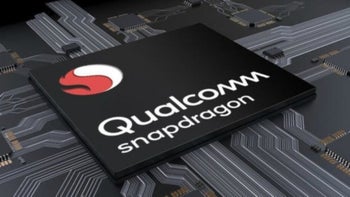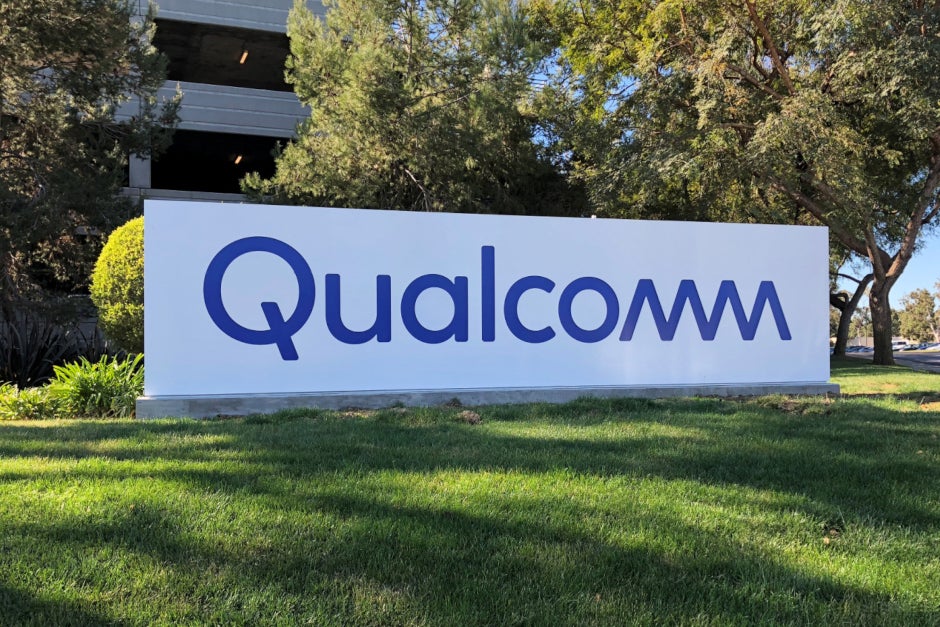Qualcomm scores a major legal victory that might hurt phone manufacturers

Back in 2019, Judge Lucy Koh ruled in favor of the Federal Trade Commission over chipmaker Qualcomm. The judge said that the way Qualcomm does business, from its "no license, no chips" mantra, to its refusal to license standards essential patents with other chipmakers on a Fair, Reasonable, and Non-Discriminatory (FRAND) basis, and the way it calculates royalties based on the retail price of an entire device (instead of the much smaller price of Qualcomm's components) were anticompetitive. While Qualcomm gets the majority of its revenue from selling chips, the bulk of its profits come from licensing its library of telecommunication patents. The FTC accused Qualcomm of obtaining excessive licensing fees from those manufacturers.
Qualcomm is the big winner as the FTC refuses to ask the Supreme Court to weigh in
Phone manufacturers had testified against Qualcomm during the brief trial since they were the ones being subjected to the monopolistic behavior on the part of the San Diego-based outfit. In her 2019 ruling, Judge Koh said that she ignored the testimony of Qualcomm executives as the judge noted that their testimony was contradicted by emails and notes written by others at the company.

Qualcomm is home free after the FTC drops the case
But Qualcomm, whose entire process of selling chips was on the line, was not going to go down so easily. It filed an appeal and won over a three-judge panel in California's Ninth Circuit; the trio tossed out the original decision. The Ninth Circuit shot down each charge against Qualcomm stating that each one was not anticompetitive. For example, it said that since the company had no duty under antitrust law to license chips to competitors, the company's licensing at the manufacturer level was legal. The appeals court also ruled that Qualcomm's "no license, no chips" policy is not anticompetitive and does not "undermine competition." As for its inability to offer standards essential patents at FRAND (Fair, Reasonable and Non-Discriminatory) terms, the appeals court said that a remedy can be found by filing a different type of lawsuit with a different court. The FTC asked that the appeals court decision be reheard, last August it was turned down.
And that brings us to Monday when FTC Acting Chairwoman Rebecca Kelly Slaughter announced that she has decided not to petition the U.S. Supreme Court to review the case. In a statement, Slaughter said, "Given the significant headwinds facing the Commission in this matter, the FTC will not petition the Supreme Court to review the decision of the Court of Appeals for the Ninth Circuit in FTC v. Qualcomm. The FTC's staff did an exceptional job presenting the case, and I continue to believe that the district court’s conclusion that Qualcomm violated the antitrust laws was entirely correct and that the court of appeals erred in concluding otherwise. Now more than ever, the FTC and other law enforcement agencies need to boldly enforce the antitrust laws to guard against abusive behavior by dominant firms, including in high-technology markets and those that involve intellectual property. I am particularly concerned about the potential for anticompetitive or unfair behavior in the context of standard setting and the FTC will closely monitor conduct in this arena."
Slaughter was not a member of the FTC when the lawsuit was originally filed in January 2017 during the waning days of the Obama administration. Now that the FTC has decided not to take the case to the Supreme Court, it can be considered a complete vindication for the chip maker whose style of doing business was criticized by the entire mobile industry. The company would always defend itself by noting that it used licensing fees and royalties to fund its R&D to help it create faster and improved components for its customers.
Qualcomm, of course, was pleased by the agency's decision to drop the case. Don Rosenberg, general counsel of Qualcomm, stated, "Qualcomm got to where it is today by investing tens of billions of dollars in R&D and inventing technologies used by billions of people around the world. Now, more than ever, we must preserve the fundamental incentives to innovate and compete."










Things that are NOT allowed: